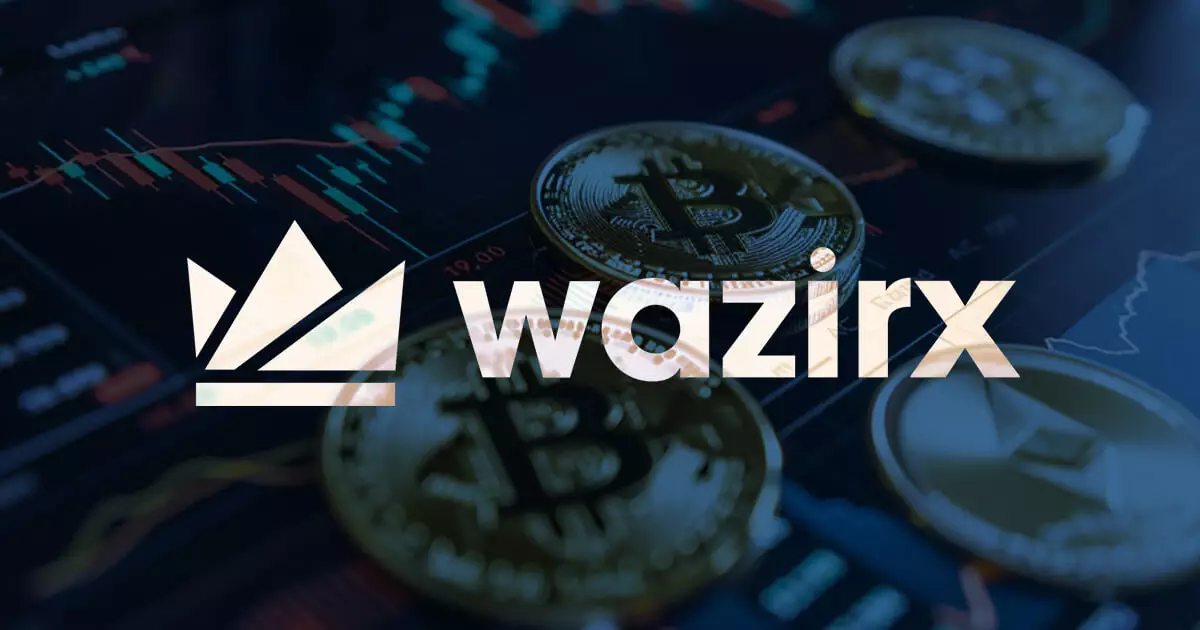In an era where digital currencies are becoming mainstream, the security of centralized exchanges has come under intense scrutiny. Following a catastrophic breach in July 2024, WazirX, one of India’s leading cryptocurrency exchanges, has announced plans to launch a decentralized exchange (DEX). This initiative not only aims to enhance user security but also responds to a growing demand for greater control over personal assets in light of significant security failures reported within centralized platforms.
The breach, attributed to the notorious Lazarus Group, led to a staggering loss of $235 million. This incident underscored the vulnerabilities exist within centralized systems, where a single security flaw can result in substantial financial damage to a large number of users. In a recent town hall meeting, co-founder Nischal Shetty emphasized the critical nature of this transition, stating that “assets remain fully in users’ control, free from counter-party risks.” By operating alongside its existing centralized exchange, WazirX aims to provide a security blanket for users wary of potential future breaches.
The incident in July was particularly alarming not only for WazirX but for the cryptocurrency community as a whole. Hackers leveraged a vulnerability in the platform’s multi-signature wallet to execute their attack, funneling the stolen funds through Tornado Cash, a privacy-enhancing tool. This made subsequent tracking nearly impossible, leaving investigators in a difficult position. The implications of the hacks reverberated across the industry, stressing the importance of robust security measures and prompting users to reconsider their trust in centralized exchanges.
In response to the breach, WazirX initiated an emergency recovery plan, converting 45% of users’ balance into USDT and allowing limited trading capabilities. This drastic move was met with significant backlash, with many users criticizing the exchange for what they termed “socializing losses.” Users expressed outrage over the decision to effectively penalize their clients while dealing with the aftermath of an attack that was not their fault. The community sentiment pointed toward a significant need for exchanges to prioritize user welfare in the event of security incidents.
A Controversial Recovery Strategy
Facing immense criticism, WazirX swiftly reversed its initial recovery strategy by August, restoring account balances to their pre-hack levels and nullifying trades made post-incident. This decision was framed as an attempt to right the wrongs perceived by users and to re-establish trust. However, challenges to fully recover the stolen assets persisted, as WazirX and its former custody partner, Liminal, became embroiled in a public blame game. Each party claimed the other vacated security protocols, intensifying the skepticism surrounding the exchange’s capacity to manage security effectively.
This situation has left users in a precarious position, caught between the allegations of the two companies. There remains a sense of uncertainty for many, as customers await definitive answers and reassurance about their assets’ safety. The reputation of centralized exchanges has been gravely impacted, as users are increasingly concerned about the longevity of their investments amidst persistent security threats.
WazirX’s DEX rollout, scheduled for 2025, aims to address these crucial security concerns by implementing a decentralized model. Operating a DEX allows users to maintain control over their funds without reliance on a centralized authority, thereby reducing risks associated with privacy and asset theft. The new platform is also expected to feature its own cryptocurrency, aimed at streamlining transaction fees and formalizing governance within the user community.
Industry analysts suggest that this strategic shift may not only bolster WazirX’s reputation but could also mark a broader trend among exchanges transitioning toward decentralized models. As users increasingly prioritize security and autonomy over their assets, the moves by WazirX could reflect a growing preference for decentralized trading venues.
WazirX’s commitment to introducing a decentralized exchange can be perceived as a bold step forward in the ongoing battle for trust and security in the cryptocurrency trading landscape. The move reflects the urgency of evolving user expectations and the need for platforms to innovate continually while safeguarding their clients’ interests. Only time will tell if this strategy restores confidence in WazirX and its commitment to the cryptocurrency community.

















Leave a Reply